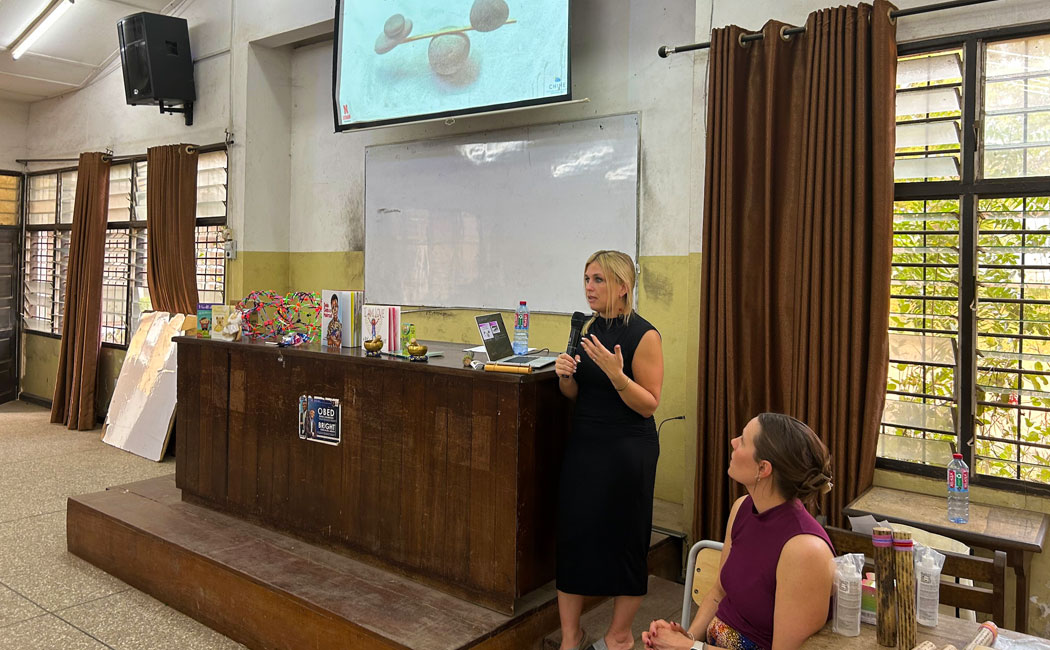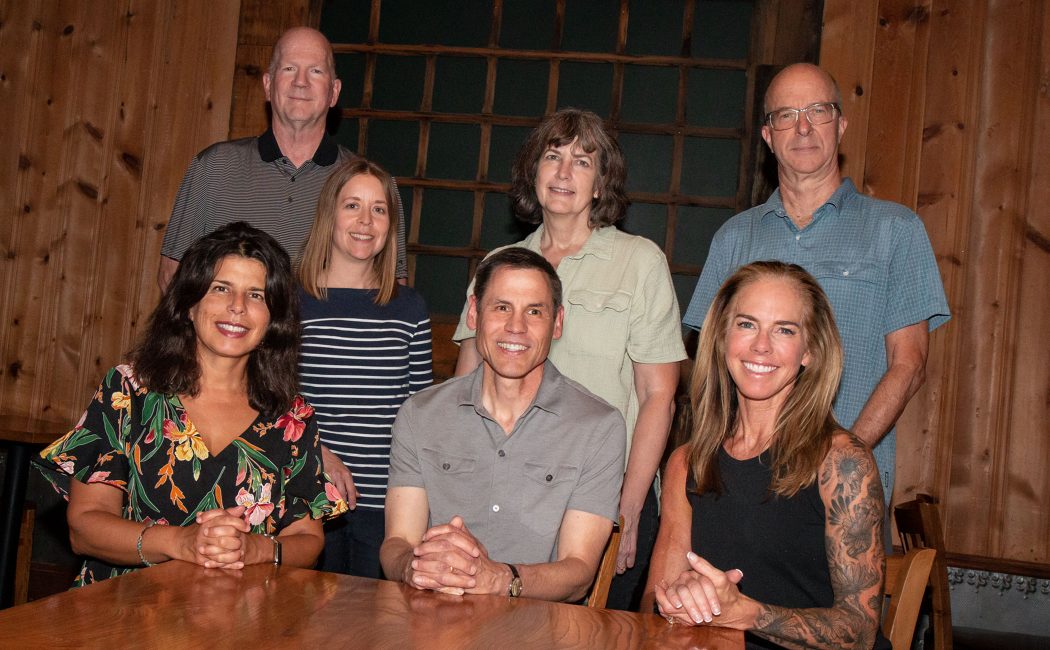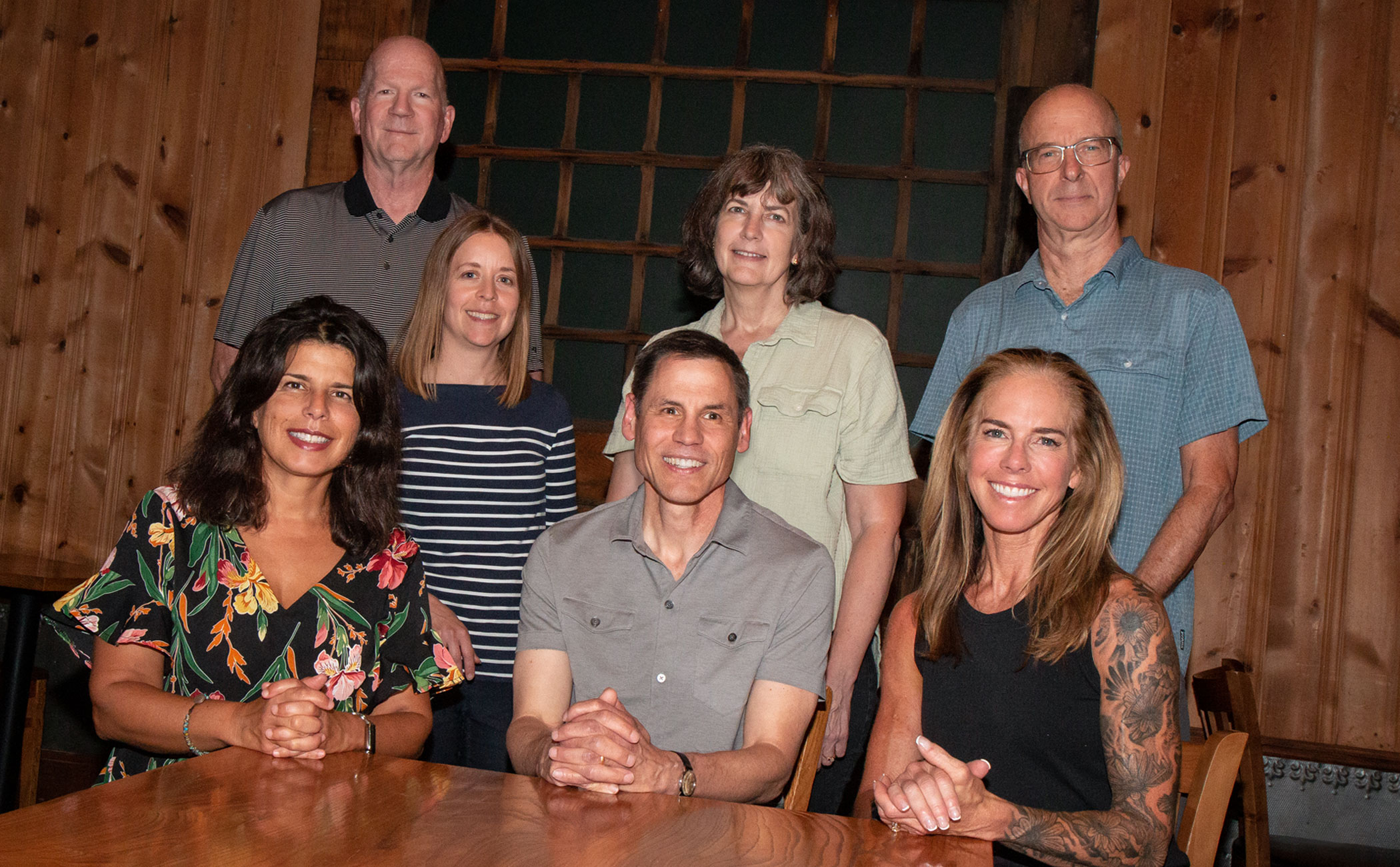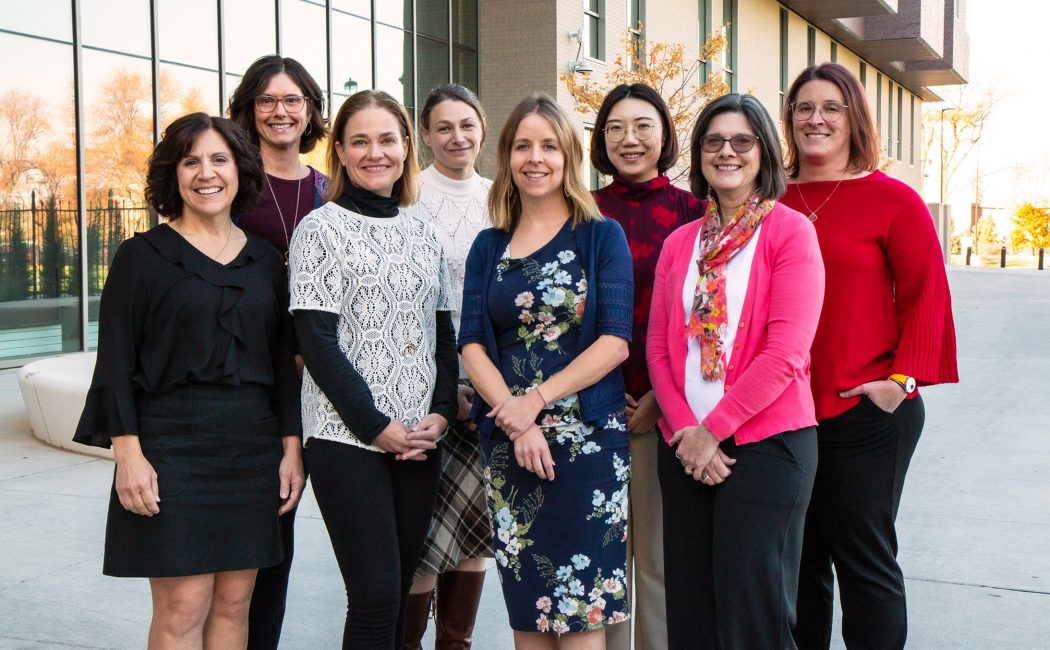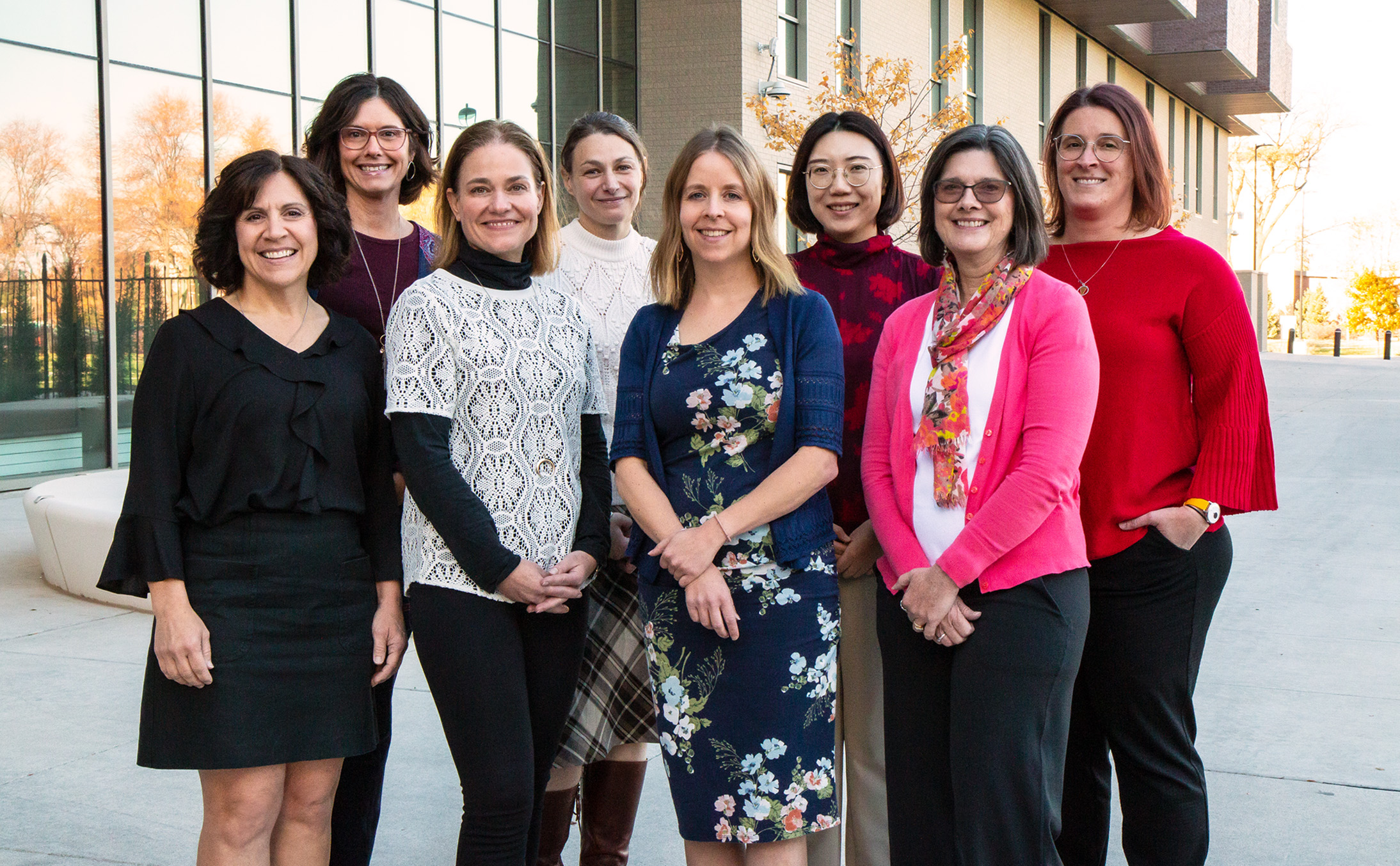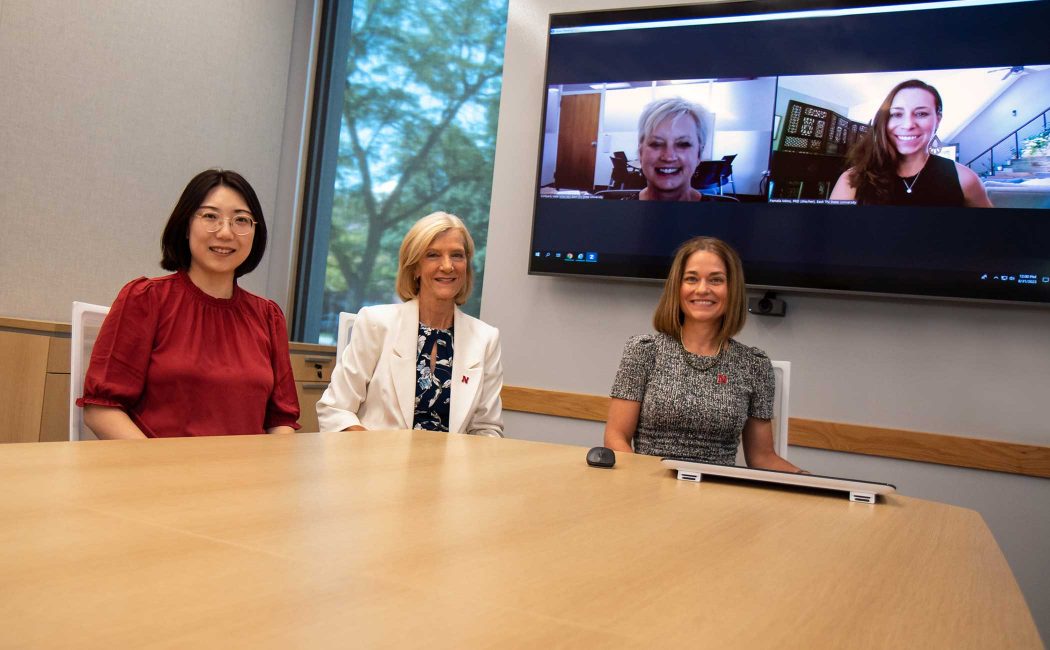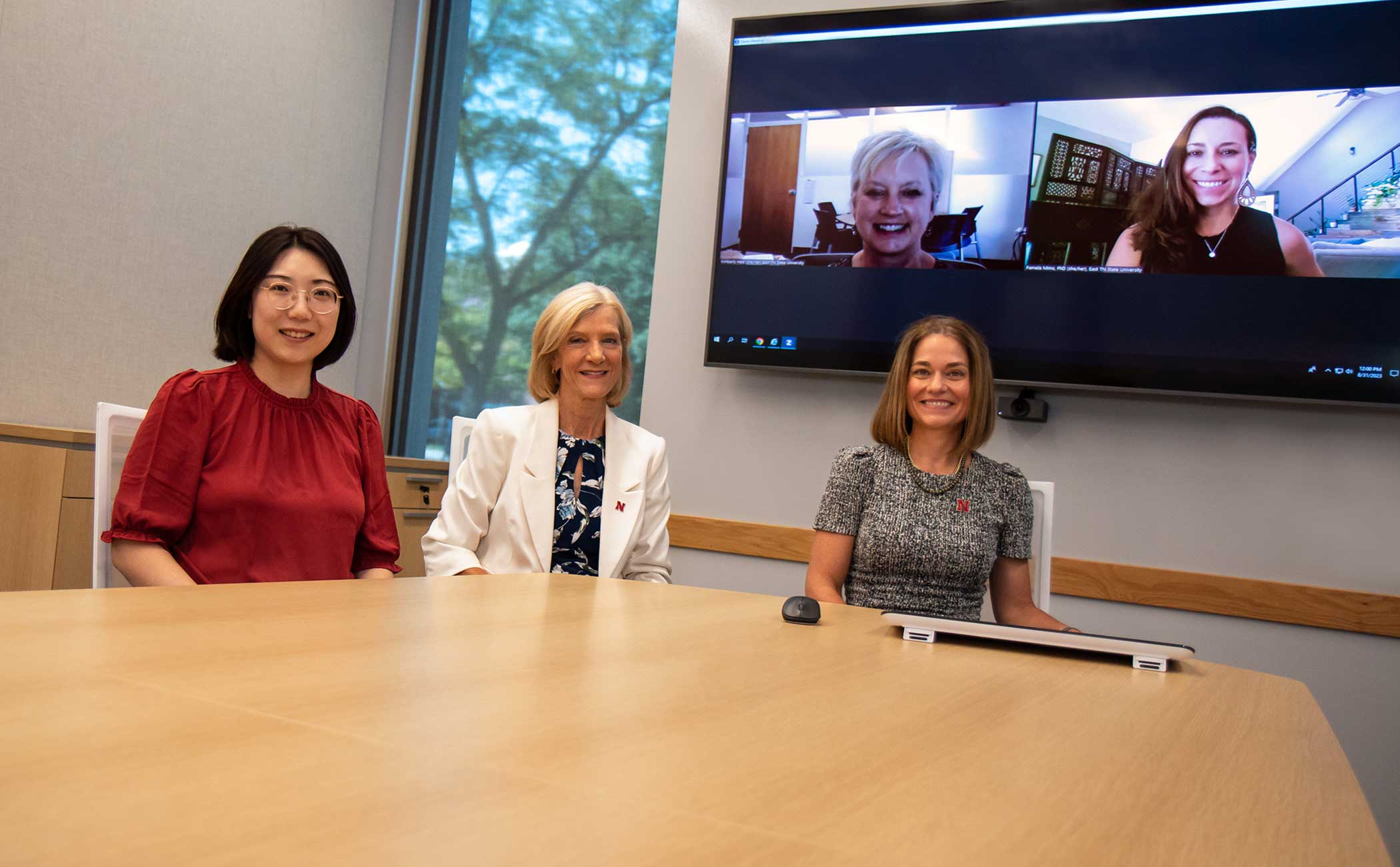
A student’s ability to read is a key predictor of academic and lifelong success. In Nebraska, the COVID-19 pandemic hit students with reading difficulties especially hard, particularly students attending rural schools.
Since then, Nebraska WORDS project — Workshops on Reading Development Strategies — has been a valuable resource for teachers by promoting effective strategies to deliver high-quality reading instruction and assessment. The research-based professional development program supports Nebraska’s targeted efforts to boost early literacy among K-3 students across the state.

